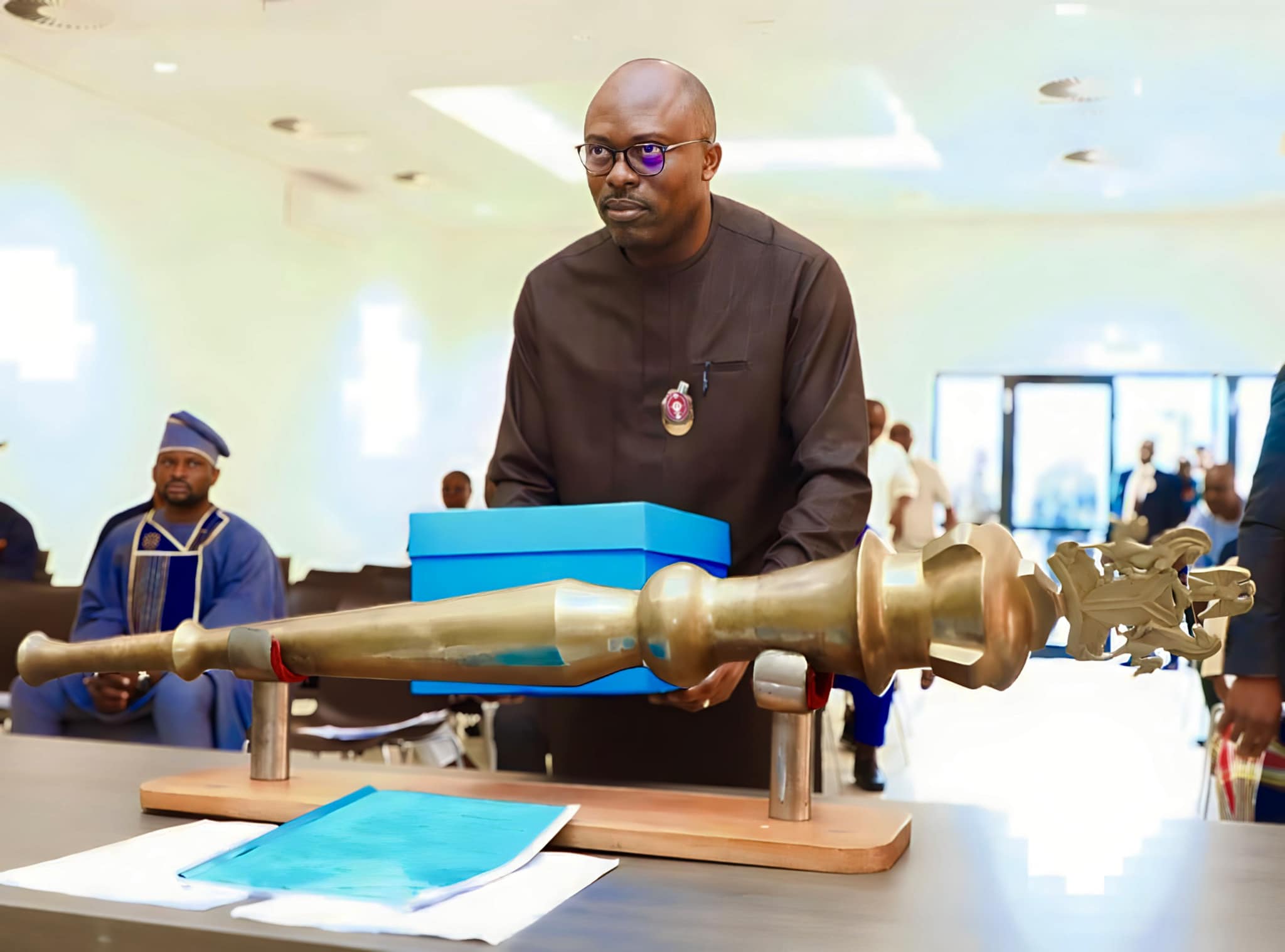Governor Siminalayi Fubara has approved the establishment of two new Judicial Divisions of the State High Court, marking a notable expansion of the state’s judicial infrastructure. The development, which brings the total number of judicial divisions in Rivers State to fourteen, represents a strategic step toward bringing justice closer to local communities.
The new judicial divisions, as detailed in an official notice dated November 8, 2024, will be located in the Abua-Odual Local Government Area and Bonny Local Government Area. This expansion of judicial services is scheduled to commence operations on December 2, 2024, following careful planning and preparation by the state’s judicial authorities.
The creation of these new divisions stems from a recommendation by the Chief Judge of Rivers State, Justice Simone Chibuzor-Amadi, highlighting the judiciary’s proactive approach to meeting the growing legal needs of Rivers State residents. The recommendation, which found favor with Governor Fubara, was made in accordance with Section 39, Subsection 2 of the High Court Law, Cap 62, Laws of Rivers State 2021, ensuring proper legal foundation for this expansion.
David Ihua-Maduenyi, the Chief Registrar of the High Court, confirmed the development in an official statement, underlining the significance of this expansion for the state’s judicial system. The establishment of these new divisions represents a strategic response to the growing demand for judicial services in these local government areas and their surrounding communities.
The creation of the Abua Judicial Division in Abua-Odual Local Government Area is particularly significant as it will serve the judicial needs of residents in this predominantly rural area, reducing the time and resources previously required to access court services in more distant locations. This development aligns with the government’s commitment to ensuring that justice is not only served but is also easily accessible to all citizens, regardless of their geographical location.
Similarly, the establishment of the Bonny Judicial Division addresses the unique needs of this crucial maritime and industrial hub. Bonny, home to significant oil and gas installations and maritime activities, will now have dedicated judicial services to handle the various legal matters arising from its commercial and industrial activities, as well as serving the general population’s legal needs.
This expansion of judicial divisions reflects a broader strategy to modernize and improve the efficiency of the state’s justice system. By bringing court services closer to local communities, the new divisions are expected to help reduce the backlog of cases in existing courts while ensuring faster access to justice for local residents.
The decentralization of judicial services through these new divisions also carries significant economic implications. Local communities are likely to benefit from reduced travel costs and time savings when accessing court services. Additionally, the presence of these judicial divisions could stimulate local economic activities through the establishment of related legal services and support businesses in these areas.
From a practical perspective, the new judicial divisions will require substantial infrastructure development, including court buildings, support facilities, and technological systems to ensure efficient operation. The success of these new divisions will depend largely on the proper allocation of resources, including the deployment of judicial officers, court staff, and necessary equipment.
These additions to the state’s judicial infrastructure demonstrate Governor Fubara’s commitment to strengthening the justice system in Rivers State. The expansion aligns with broader national efforts to improve access to justice and ensure effective judicial service delivery across Nigeria.
As the December 2 commencement date approaches, preparations are likely underway to ensure smooth operations from day one. This includes the appointment and deployment of judicial officers, support staff, and the establishment of necessary administrative structures to support court operations in these new locations.
The creation of these new judicial divisions represents more than just an expansion of court services; it symbolizes the government’s commitment to ensuring that justice is accessible to all citizens of Rivers State. As these new divisions begin operations, they are expected to play a crucial role in strengthening the rule of law and promoting justice at the grassroots level.
This development marks a significant milestone in the evolution of Rivers State’s judicial system, promising to bring positive changes to the administration of justice in the state while setting a precedent for similar expansions in other parts of Nigeria.



